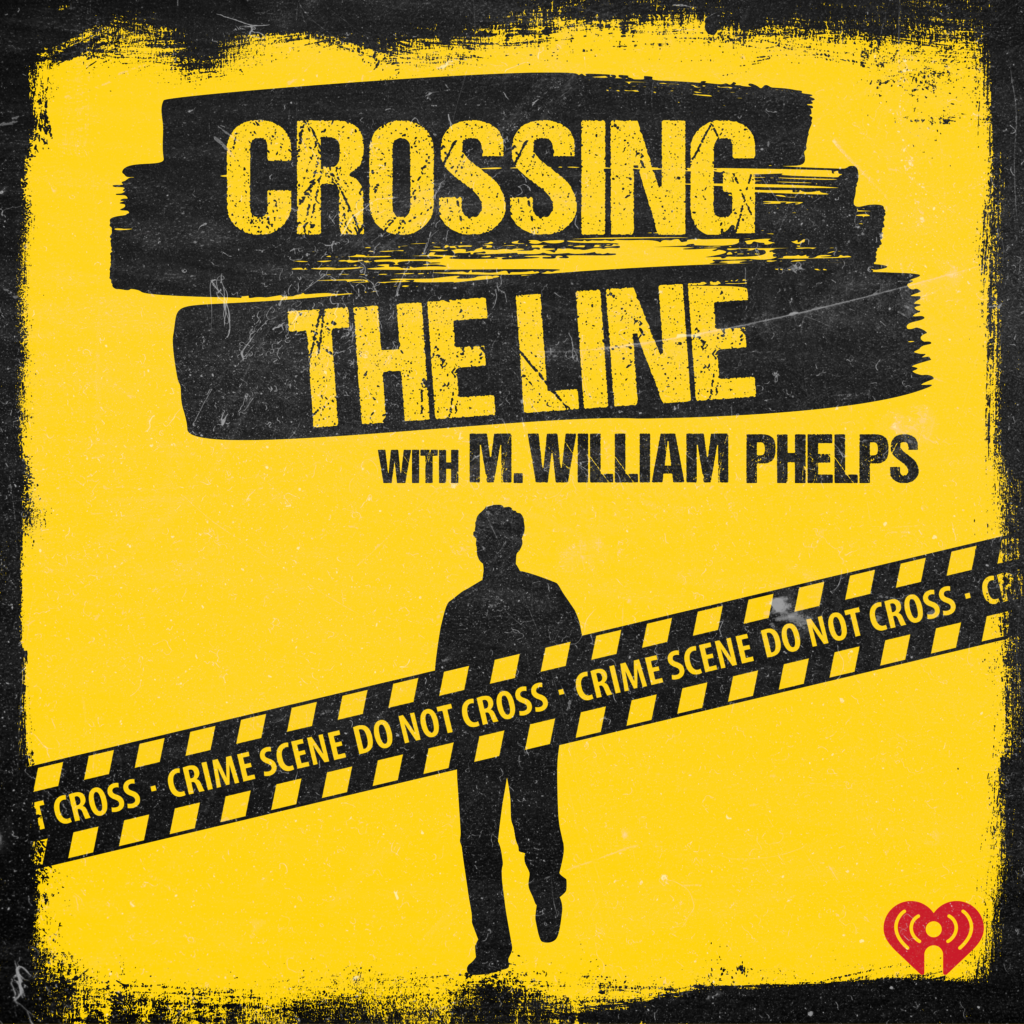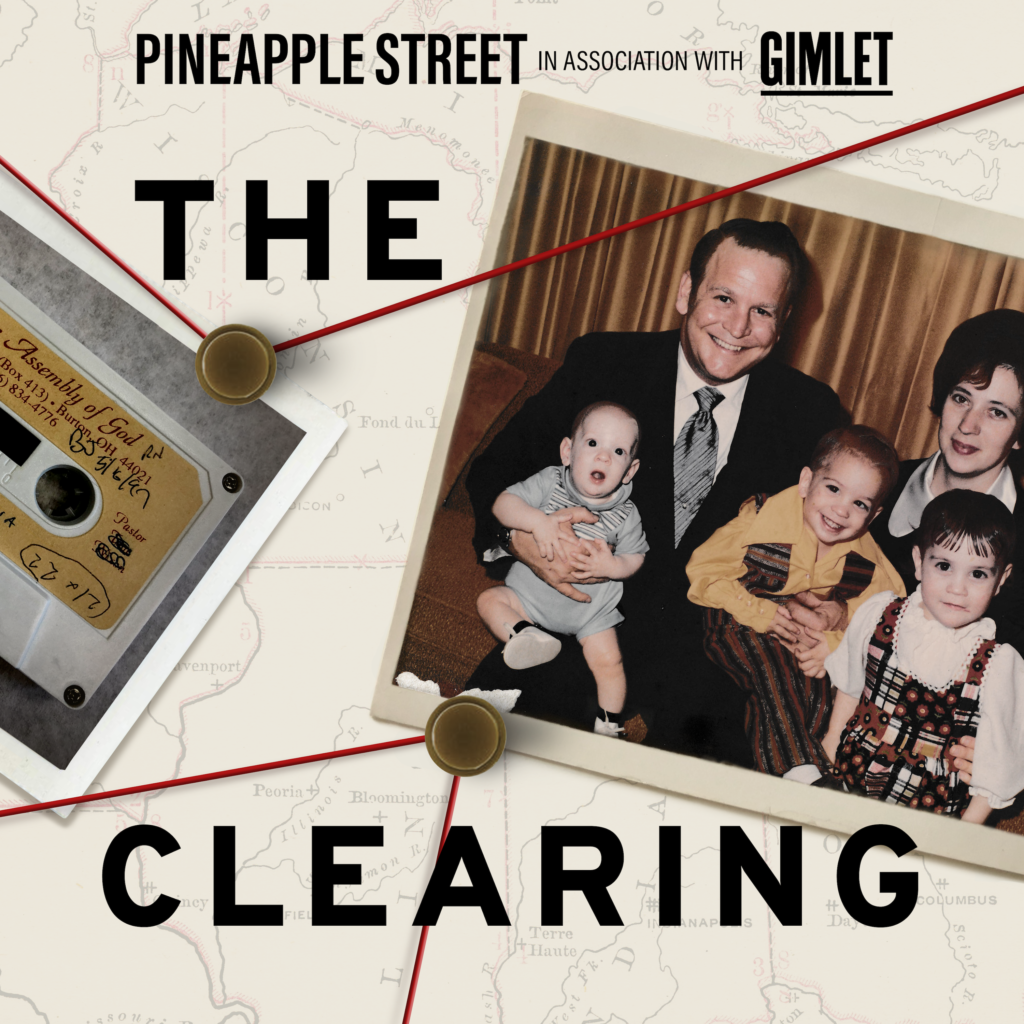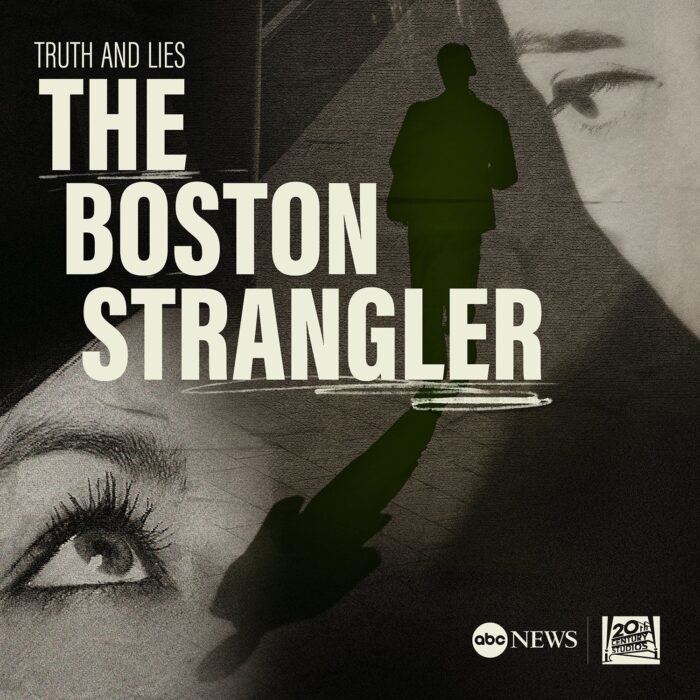‘Crossing the Line with M. William Phelps’ is bringing you the true crime stories you haven’t heard yet

Going deeper into serial killers than ever before, “Crossing the Line with M. William Phelps” is a new true crime podcast that’s more than a timeline of events. Instead, Phelps, acclaimed investigative journalist, and his co-host, Cristina Everett, dive into the intricacies of these cases and how society has both shaped these killers and evolved around them.
From the team that brought us “Paper Ghosts,” “Crossing the Line with M. William Phelps” is a podcast that is interviewing experts on violent crime and serial killers, interviewing victims’ families and detective on the cases, and digging into the lesser known aspects of true crime. This iHeartPodcasts show premiered in September of 2021, and only has 13 episodes out so far. Episodes are 40 minutes long.
Psychopaths v. Sociopaths
Episode topics range from revisiting old, lesser-known cases rarely talked about on other true crime podcasts, such as the murder of Sari-Ann Merton, to a $2 tool helping investigators solve cold cases. They’ve discussed what it took to solve the decades-long cold case that was the Golden State Killer and discussed the unlikely serial killer within Dorothea Puente.
They dive into the psyches of killers, distinguishing psychopaths from sociopaths from even other mental illnesses. With exclusive audio from interviews with serial killers like Dennis Rader, better known by the pseudonym BTK, Phelps points out the distinguishing variables that make them a bonafide psychopath, both within their genes and glaring personality traits.
In that same episode about sociopaths and psychopaths, he speaks with Katherine Ramsland, the author who wrote the definitive account of Dennis Rader in her book Confession of a Serial Killer: The Untold Story of Dennis Rader, the BTK Killer. She spent copious amounts of time with Rader over the course of six years, even developing their very own codex to discuss his victims. Phelps and Ramsland discuss the danger of a catch-all term like psychopath and what made Rader the prime example.
The Gabby Petito Effect
In “Crossing the Line,” Phelps and Everett cover ever-growing controversial topics that have been slowly enveloping the true crime genre for years: how do we honor the victim’s legacy? Is the genre sensationalizing gruesome murders and disrespecting the lives lost? They recorded an entire episode titled “We’re Not Talking About Gabby Petito,” the young woman whose disappearance/murder while on a western roadtrip with her fiancé captured global attention, with TikToks on the case racking up billions of views. They unpack the ethical questions of true crime content, from Missing White Woman Syndrome to cases actually being solved because of renewed interest in them.
“Crossing the Line” isn’t just about rattling off details of a case: the victimology, the gruesome details of their murder, where and when this happened. Instead, this is about why – taking the overarching theme of serial killers, murderers, and true crime, and breaking it up into segments that aren’t just one killer at a time, but one theory, idea, or societal structure at a time. Instead of focusing on just one crime, just one killer, Phelps and Everett take a pool of information and examine it in a brand new way.
We could not be more thrilled to have Phelps on our most recent episode of Podsauce. Hear him discuss “Crossing the Line” with Podsauce’s hosts before diving into his world.







